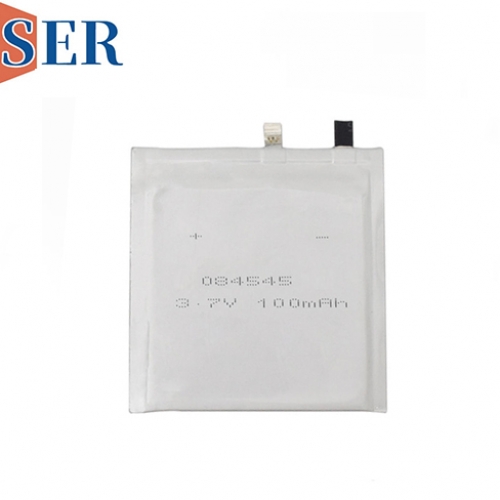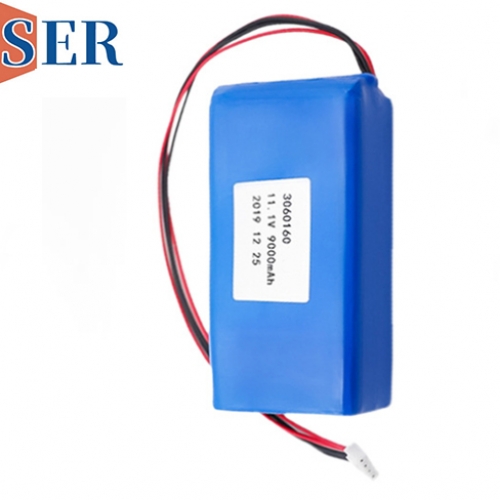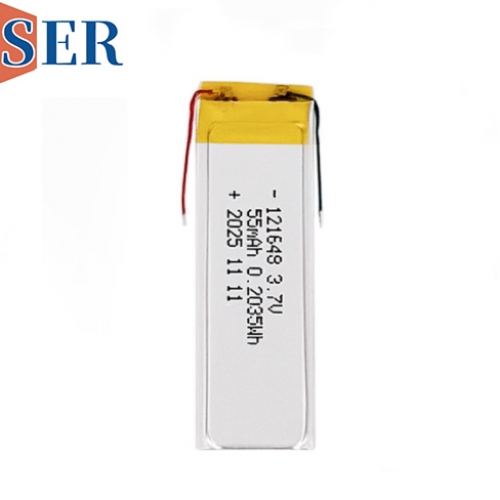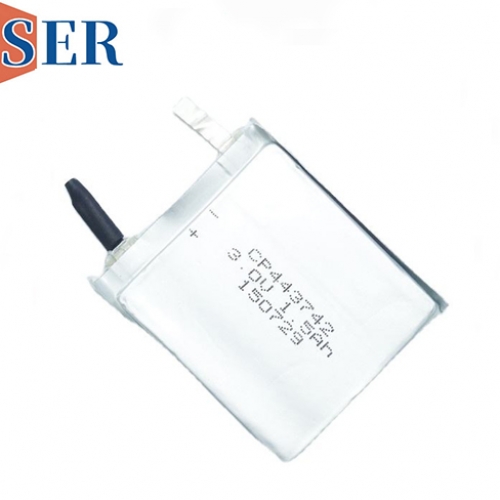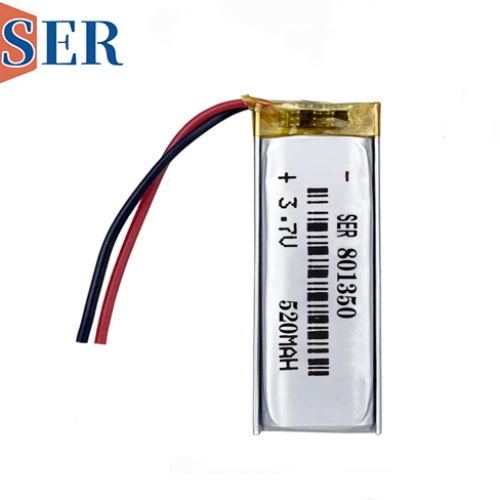3.6V High Temperature Lithium-Thionyl Chloride (Li-SOCl₂) Batteries
3.6V High Temperature Lithium-Thionyl Chloride (Li-SOCl₂) Batteries
In the ever-evolving landscape of battery technology, the demand for batteries that can operate reliably under extreme conditions has become increasingly prominent. One such battery technology that has emerged as a promising candidate is the 3.6V High Temperature Lithium-Thionyl Chloride (Li-SOCl₂) battery, commonly referred to as the "lisocl2" battery. This battery not only boasts a high voltage output but also possesses the capability to withstand temperatures up to 165 °C, making it a valuable asset in applications where conventional batteries fail to perform.
Introduction to High Temperature Battery Technology
High temperature battery technology has gained significant attention in recent years due to its potential applications in harsh environments. These batteries are designed to operate efficiently in extreme conditions, such as high temperatures and severe shocks, where traditional battery chemistries often fail. Among the various high temperature battery chemistries, Lithium-Thionyl Chloride (Li-SOCl₂) has proven to be particularly promising due to its exceptional performance characteristics.
Lithium-Thionyl Chloride (Li-SOCl₂) Battery Fundamentals
Lithium-Thionyl Chloride (Li-SOCl₂) batteries are a type of primary battery, meaning they are not rechargeable. They consist of a lithium anode, a thionyl chloride (SOCl₂) electrolyte, and a carbon cathode. The reaction between the lithium and thionyl chloride produces a voltage of approximately 3.6V, which is significantly higher than that of many other primary battery chemistries.
The key advantage of Li-SOCl₂ batteries lies in their ability to operate at elevated temperatures. While conventional batteries often suffer from reduced performance or even failure when exposed to high temperatures, Li-SOCl₂ batteries are specifically designed to thrive in such environments. The electrolyte in these batteries remains stable and conductive even at temperatures up to 165 °C, enabling them to provide reliable power output in extreme conditions.

High Temperature Capability of Li-SOCl₂ Batteries
The high temperature capability of Li-SOCl₂ batteries is achieved through a combination of factors. Firstly, the lithium anode and thionyl chloride electrolyte are chosen for their chemical stability at high temperatures. This ensures that the battery can continue to operate effectively without experiencing significant degradation in performance.
Secondly, the battery design incorporates special features that enhance its ability to withstand extreme temperatures. For example, the battery casing is often made from heat-resistant materials that can maintain structural integrity even under severe thermal stress. Additionally, internal venting mechanisms may be incorporated to release excess pressure safely in the event of thermal runaway.
Furthermore, the high voltage output of Li-SOCl₂ batteries makes them particularly suitable for applications where high power densities are required. This is because voltage is directly related to energy density, and higher voltages allow for more efficient power delivery. As a result, Li-SOCl₂ batteries can provide a sustained and reliable power source in high-temperature environments where energy demands are significant.
Shock Resistance of Li-SOCl₂ Batteries
In addition to their high temperature capability, Li-SOCl₂ batteries also exhibit exceptional shock resistance. This is due to the robust design and materials used in their construction. The battery casing is typically made from heavy-duty materials that can withstand extreme amounts of shock and vibration without sustaining damage.
The internal components of Li-SOCl₂ batteries are also designed to minimize the impact of shocks. For example, the anode and cathode are often separated by a porous separator that allows for ion exchange while preventing physical contact between the electrodes. This separator acts as a shock absorber, helping to mitigate the effects of shocks and vibrations on the battery's performance.
The combination of high temperature capability and shock resistance makes Li-SOCl₂ batteries ideal for use in applications where both extreme temperatures and severe shocks are present. For example, they are commonly used in oil and gas exploration, aerospace, and military applications where reliability and durability are paramount.
Applications of Li-SOCl₂ Batteries
The unique capabilities of Li-SOCl₂ batteries have led to their widespread adoption in various applications. In the oil and gas industry, they are used to power downhole tools and sensors that operate in high-temperature environments. In aerospace applications, Li-SOCl₂ batteries are used as backup power sources for satellites and spacecraft, providing reliable power in the event of primary power system failures.

